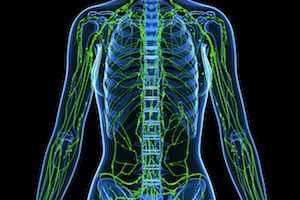
Although there is no scientific evidence that a specific diet reduces risk of infection in patients experiencing neutropenia, it is a common strategy in cancer care. Research presented at the 42nd Annual Congress of the Oncology Nursing Society determined that the popular neutropenic diet can be eliminated from practice.










